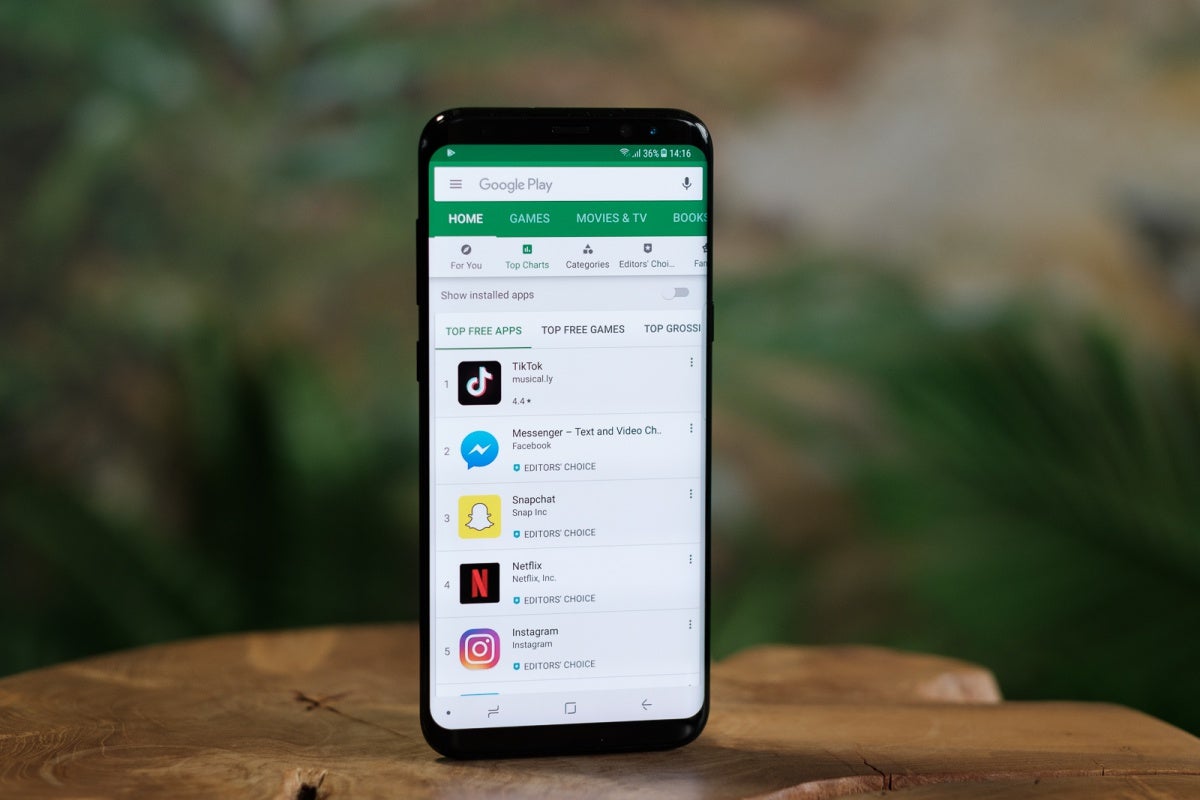
Another day, another major Android threat discovered by security researchers as it lurks in the shadows in anticipation of its time in the naughty spotlight. In a way, this BlackRock malware is rigorously detected and documented by the people of ThreatFabric can be considered even scarier and more dangerous than Joker virus that made the news recently or Other similar security vulnerabilities that stemmed from shady apps in the past.
For many people, that could be almost everything they use on their mobile devices on a regular basis, so obviously the solution to this problem is not to remove all these applications and look for less popular alternatives. Instead, you just need to be careful what you install and especially where you install your apps and updates from.
The applications themselves are not malicious

In other words, you have nothing to worry about, at least when it comes to this particular virus, if you download everything from an official source. The danger appears when you are asked to install “Google updates” from third-party sources, which is a big red flag.
Unfortunately, it is not entirely clear what you can do to clean your phone of BlackRock malware if you fall prey to an attack so cruel and insidious that it will quickly spread through your system without a trace. This is because the Trojan will prevent most antivirus programs from starting, in addition to impersonating everything from your financial information to social network username and password.
Naturally, the main objective is to steal credit card details, but various credentials of the application will also serve the bad actors behind BlackRock, and you can expect that your text messages will also be hijacked.
A simple but incredibly ambitious virus.
Although far from being new or innovative at its core, this chilling banking Trojan does a few things differently than its predecessors, dubbed LokiBot, MysteryBot, Parasite, and Xerxes. Rather than adding new features and increasing complexity, which is often the case in this dark and malevolent world, BlackRock is keeping things simpler than ever, with a focus on the most “useful” features in terms of stealing personal information. .

What expands compared to previous banking malware is the bucket list, with an unusually high number of “trending” dating and social apps joining the typical financial services pool of institutions located in the US. As well as in Australia, Canada and various European countries.
Basically BlackRock is launching a broader network than any of its predecessors, making sure that virtually no one using an Android phone today is safe, no matter where they live, what device they use, how they like to connect with friends and make new ones. or which online banking channel do you prefer.
Still, the simplest, safest, and most foolproof way to stay protected from such threats is to never trust a third-party app store, as well as install a trusted antivirus solution. before You suspect a cyberattack and periodically check your app permissions as well as your credit card statements for any unauthorized or suspicious transactions.